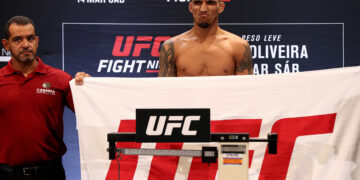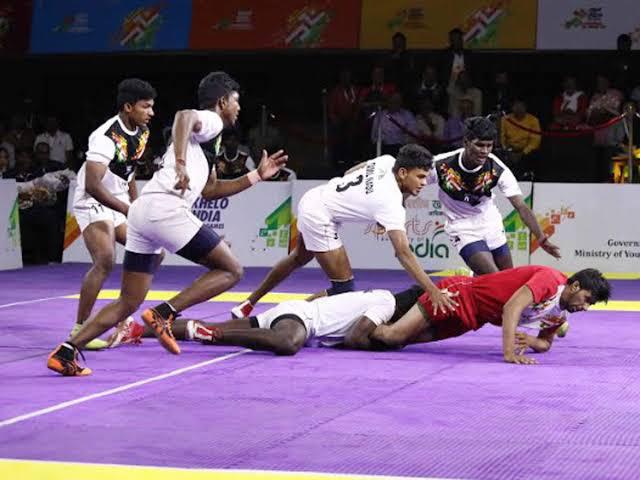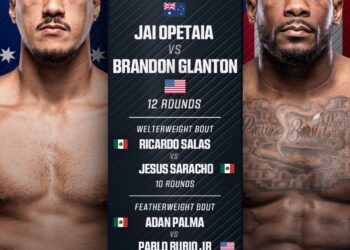
After the Le vs. Zuffa UFC antitrust lawsuit was settled last year for $375 million, many worried that meaningful changes to the UFC’s monopsony power would never happen. But that hope isn’t completely dead, as new lawsuits launched against the UFC show.
Last week it was revealed that Misha Cirkunov and Phil Davis had filed separate suits against the UFC. Cirkunov’s lawsuit is expected to be merged into Johnson v. Zuffa (dba UFC), an ongoing lawsuit that covers UFC fighters harmed by the promotion’s exploitative business practices from 2017 onwards. Cirkunov will represent fighters from this period who had signed class action waivers and arbitration clauses in their UFC contract.
The Phil Davis lawsuit is more interesting on a number of levels. For one, Davis is suing on behalf of all fighters outside the UFC, arguing that the promotion’s monopsony hurt them as well. And Davis isn’t suing for money. He’s suing for injunctive relief, asking the judge to allow fighters the option to walk away from their UFC contracts after one year.
And because of a quirk in the way class action lawsuits are handled, Davis would only need the judge on his side, not a unanimous jury.
class certification ruling hammered UFC for their “ruthless” and “brutal coercive tactics” and called their contracts “effectively perpetual.”
Right around the time UFC parent company TKO decided they might want to settle rather than go to trial with this judge, UFC CEO Dana White suggested Boulware had some sort of beef with the UFC that stemmed from the fact that Boulware had gone to the same high school as the Fertittas.
June 4, 2025
If White was unhappy with Boulware then, he won’t be happy that the Davis case has been assigned to him as well. There’s a lot of ways this new lawsuit can be delayed or derailed, but the Davis case also doesn’t have a lot of the baggage the Johnson case has. There’s no arguing over arbitration or class action waivers. There’s no damages to debate. There’s no jury to convince. Davis is just a well-presented legal argument built on the judge’s own statements, with legal precedent provided.
“They even mentioned the IBC of New York in the complaint,” Nash noted. “The IBC was the International Boxing Club of New York. It was a monopoly case in the 50s. [The Department of Justice] told them that you can have boxers under contract, but you cannot sign an exclusive deal with any boxers. So they can fight for you one fight and then turn around and negotiate with someone else. And that lasted for five years and basically ended IBC’s monopoly control over boxing.”
A one-year contract term in UFC would blow the sport wide open and keep the UFC from controlling fighters indefinitely as they do now. It can’t be overstated how much of a disruption it would be to their business model. Even a settlement agreement of two or three years would make things much more competitive and fair for fighters and breathe new life into the MMA space.
So it looks like the UFC’s antitrust woes aren’t over … they’re just getting started.




































